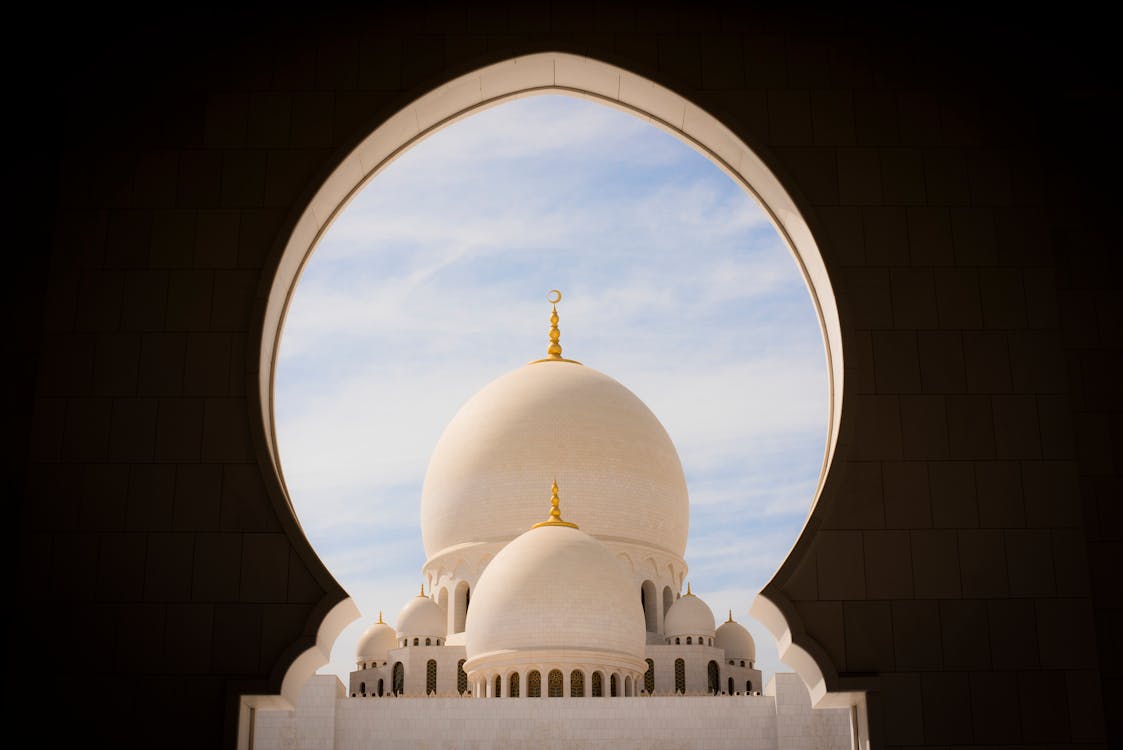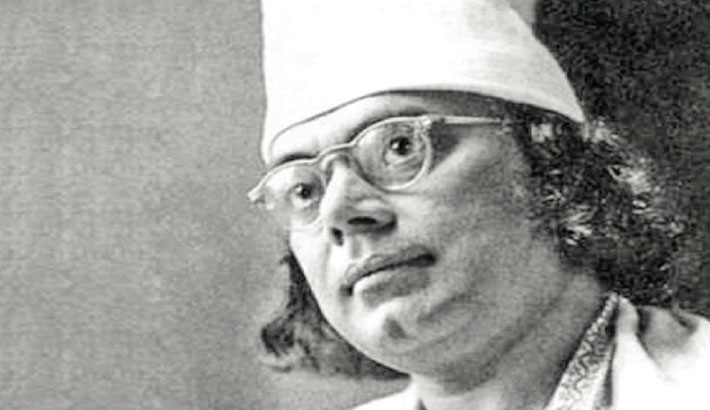
Photo: Jubair Bin Iqbal / PB
Islam, one of the world’s major monotheistic religions, stands as a testament to the enduring glory of human spirituality and cultural achievement. Originating in the 7th century CE, Islam has woven a rich tapestry of faith, knowledge, and civilization that continues to influence the world profoundly. From its ethical foundations to its contributions to science, art, and philosophy, the glory of Islam radiates through history, leaving an indelible mark on the collective consciousness of humanity.

At the heart of Islam lies a set of ethical principles that provide a guiding light for its followers. The Five Pillars of Islam form the cornerstone of the Islamic faith, emphasizing the importance of faith, prayer, charity, fasting, and pilgrimage. These pillars not only serve as acts of worship but also as a moral compass, promoting virtues such as compassion, justice, and community service. The ethical teachings of Islam have played a crucial role in shaping the moral fabric of Muslim societies, fostering a sense of responsibility and social justice.
The Islamic Golden Age, spanning roughly from the 8th to the 14th century, marked a period of extraordinary intellectual and cultural flourishing. Islamic scholars, situated in centers of learning like Baghdad, Cordoba, and Cairo, made groundbreaking contributions to various fields. Mathematics, astronomy, medicine, and philosophy flourished as Islamic scholars preserved and expanded upon the knowledge of ancient civilizations. The translation movement, in particular, played a pivotal role in transmitting this wisdom to the broader world, ultimately influencing the European Renaissance.

Islamic civilization has gifted the world with a rich and diverse cultural heritage. Islamic art, characterized by intricate geometric patterns, arabesques, and calligraphy, reflects the aesthetic sensibilities of Muslim artisans. The development of architectural marvels such as the Alhambra in Spain, the Blue Mosque in Turkey, and the Taj Mahal in India attests to the architectural prowess inspired by Islamic principles. Music, literature, and the decorative arts also flourished, creating a vibrant and dynamic cultural legacy.
Islam’s history is marked by a remarkable spirit of tolerance and coexistence. The early Islamic Caliphates were known for their inclusive policies, fostering an environment where people of various religious and ethnic backgrounds coexisted harmoniously. The concept of dhimmitude, which protected the rights of non-Muslim minorities in Islamic states, exemplifies a commitment to religious pluralism.
The glory of Islam extends beyond the pages of history into the contemporary world. Islam is a global faith with over a billion followers, and its principles continue to guide the lives of Muslims around the world. The contributions of Muslim scientists, scholars, and thinkers remain relevant, influencing fields as diverse as medicine, astronomy, and philosophy. Islamic principles also provide a moral compass for individuals navigating the challenges of the modern era.
The glory of Islam, rooted in its profound ethical teachings, intellectual achievements, and cultural contributions, continues to shine brightly in the mosaic of human civilization. From the Golden Age of Islamic civilization to the present day, Islam has left an enduring legacy that transcends time and borders. As the world seeks understanding and harmony, the enduring glory of Islam stands as a beacon of faith, wisdom, and civilization, inviting all to appreciate and learn from its rich and multifaceted heritage.











